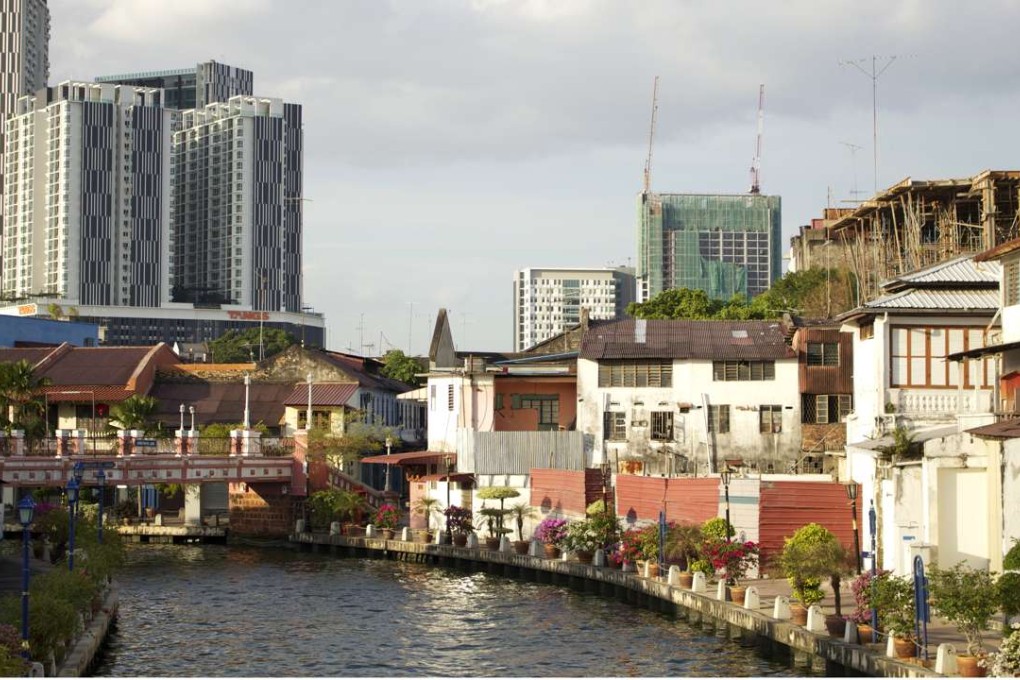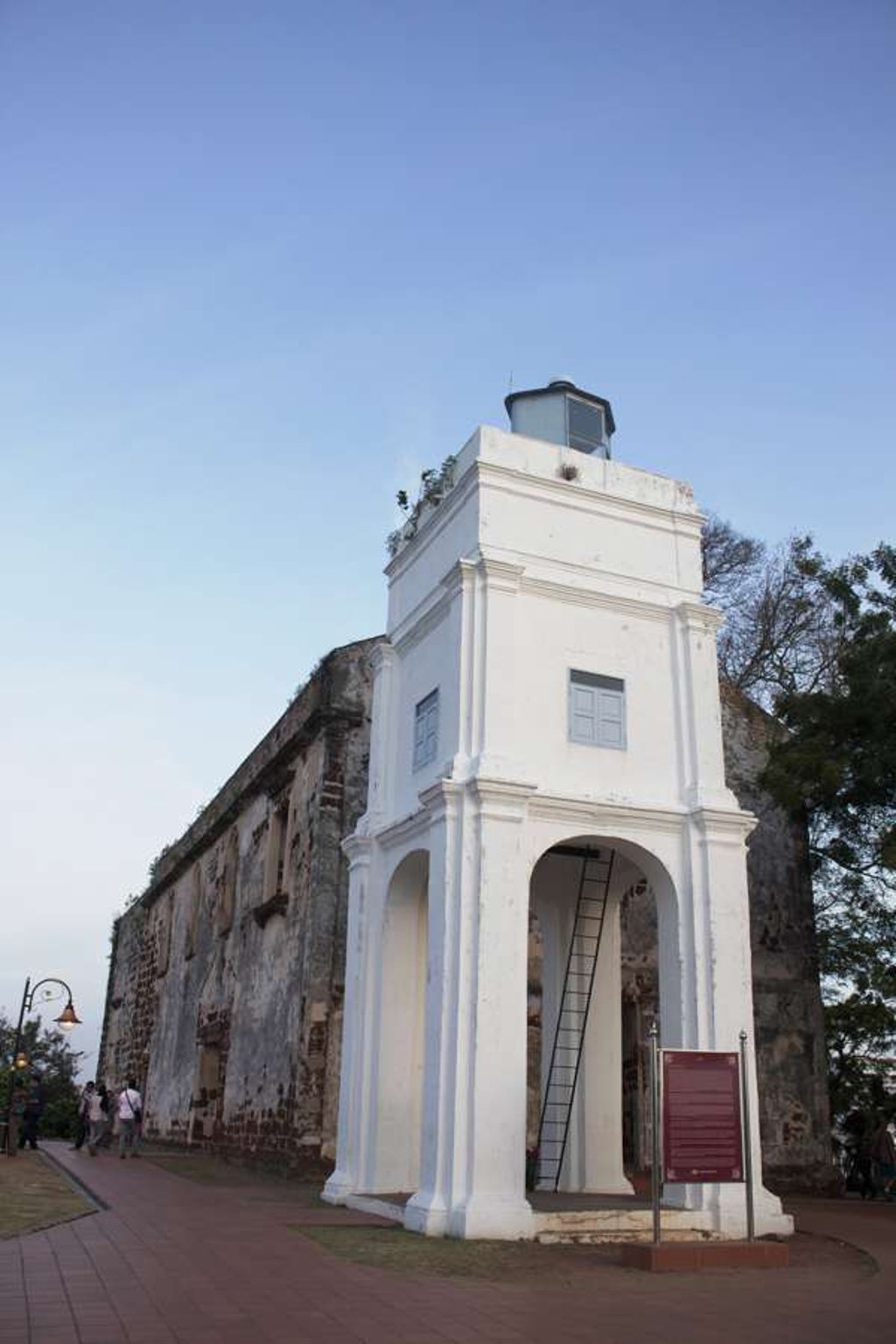Can China really deliver Malaysia’s Singapore slayer?
Experts say Beijing is pouring investment into the Melaka Gateway project because it wants to secure its trade routes as part of its ‘One Belt, One Road’ initiative

Singapore may be the world’s leading transhipment hub, but 200km from its shores the Malaysian state of Melaka – once the epicentre of the global spice trade – is plotting to usurp that status with the help of China’s “New Silk Road” splurge.
Top Malaysian officials say the construction of a new deep-sea port as part of the $43 billion Malaysian ringgit (HK$75.6 billion) Melaka Gateway project, jointly developed by local and Chinese firms, serves notice that the country plans to make itself a key part of Beijing’s ambitious “One Belt One Road” initiative.
Detractors, however, point to the near impossible task of upstaging the Port of Singapore – established Malaysian ports have tried for decades to no avail – as evidence that the Chinese are pouring money into the project for strategic rather than commercial reasons.
Malaysia’s trade minister Mustapa Mohamed said the 1,366-acre project was purely a show of the country’s commitment to the US$1 trillion belt and road trade plan “not only with words but with deeds”.

“The project has gained traction in the last six months, gaining the approval of people here in Malaysia and a new partner from China. We expect it will be a key complement of ‘One Belt One Road’,” Mustapa told This Week in Asia at the sidelines of a business conference in Kuala Lumpur.